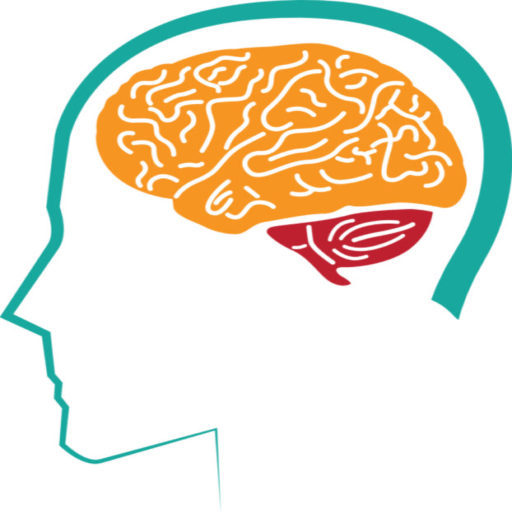Introduction
Life is filled with its share of challenges and adversities, and at times, these can take a toll on our mental well-being. Coping strategies are the tools we use to navigate these challenges with resilience, maintaining our mental health in the process. In this comprehensive guide, we will explore effective coping mechanisms for anxiety, daily habits to improve mental well-being, and the profound benefits of mindfulness practices on our mental health.
Effective Coping Mechanisms for Anxiety
Anxiety is a common mental health challenge that affects millions worldwide. Coping with anxiety requires a multifaceted approach that addresses its various facets. Here are some effective coping mechanisms:
- Deep Breathing: Simple yet powerful, deep breathing exercises can help calm the nervous system. Techniques like diaphragmatic breathing or the 4-7-8 method can be immensely beneficial.
- Cognitive-Behavioral Therapy (CBT): CBT is an evidence-based therapy that helps individuals identify and challenge negative thought patterns, reducing anxiety over time.
- Regular Exercise: Physical activity releases endorphins, which are natural mood lifters. Regular exercise can significantly reduce anxiety symptoms.
- Mindfulness Meditation: Mindfulness practices encourage living in the present moment. They help individuals observe their thoughts and feelings without judgment, reducing anxiety.
- Social Support: Sharing your feelings with trusted friends or family members can provide emotional relief and support.
- Limiting Caffeine and Alcohol: These substances can exacerbate anxiety symptoms. Reducing their intake may lead to significant improvements.
- Professional Help: Seeking therapy or counseling from a mental health professional can provide tailored coping strategies and support.
Daily Habits to Improve Mental Well-Being
Maintaining good mental health is an ongoing process that involves incorporating healthy habits into our daily lives. Here are some habits that can significantly improve mental well-being:
- Adequate Sleep: Quality sleep is essential for mental health. Aim for 7-9 hours of restful sleep each night.
- Balanced Diet: Nutrition plays a vital role in mental well-being. Consume a diet rich in fruits, vegetables, whole grains, and lean proteins.
- Regular Physical Activity: Exercise not only reduces anxiety but also improves mood and overall mental health.
- Stress Management: Practice stress-reduction techniques such as yoga, meditation, or progressive muscle relaxation.
- Limit Screen Time: Excessive screen time, especially on social media, can negatively impact mental health. Set boundaries.
- Set Realistic Goals: Break down larger goals into smaller, achievable steps. Celebrate your successes along the way.
- Positive Self-Talk: Challenge negative self-talk and replace it with self-compassion and positive affirmations.
How Mindfulness Practices Benefit Mental Health
Mindfulness is a mental practice rooted in ancient traditions, and it has gained widespread recognition for its profound benefits on mental health. Here’s how mindfulness can enhance mental well-being:
- Stress Reduction: Mindfulness practices help individuals manage stress by promoting relaxation and reducing the body’s stress response.
- Improved Focus: Mindfulness enhances concentration and cognitive function, allowing individuals to better manage distractions.
- Emotion Regulation: Mindfulness teaches emotional awareness, helping individuals understand and manage their feelings.
- Enhanced Relationships: By being present and fully engaged in interactions, mindfulness fosters better communication and empathy.
- Reduced Symptoms of Depression and Anxiety: Studies have shown that mindfulness-based interventions can reduce symptoms of depression and anxiety.
- Better Sleep: Mindfulness practices can improve sleep quality by calming racing thoughts and promoting relaxation.
Conclusion
Life’s challenges are inevitable, but how we respond to them can significantly impact our mental well-being. Effective coping strategies for anxiety, daily habits that prioritize mental health, and the incorporation of mindfulness practices into our lives can empower us to navigate life’s ups and downs with resilience and grace.
By embracing these coping strategies and habits, we invest in our mental well-being, fostering a sense of balance and harmony that allows us to thrive in the face of adversity.

